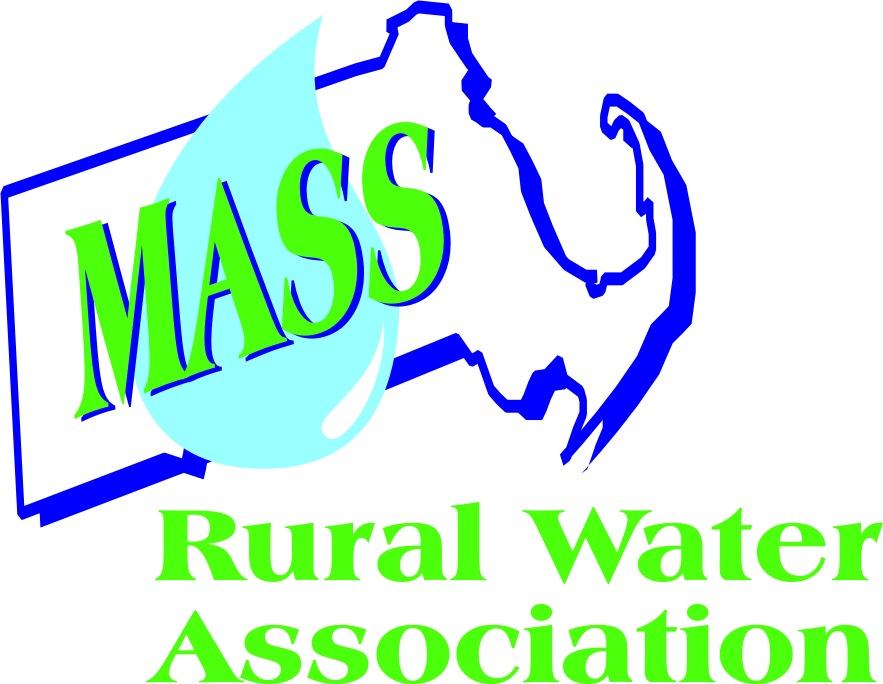AMI, case studies, preparedness assessments and webinars on resilience
   Spring Forward Into Resilience Spring Forward Into Resilience Assess Assess    Incorporate Advanced Metering Infrastructure (AMI)Enhance your water quality surveillance and response system with AMI. Using AMI can provide a wide range of benefits including improved utility operations, increased water conservation, and other security and resiliency enhancements.Learn More about AMIUse the Updated Climate Resilience Evaluation and Awareness Tool (CREAT)EPA’s Creating Resilient Water Utilities Initiative (CRWU) released an updated version of CREAT, a climate change risk assessment application for drinking water, wastewater, and storm water utilities. Improvements include:A new process for selecting scenario data with the addition of streamflow and coastal flooding projections;A new option to assess regional economic consequences using data from EPA’s Water Health Economic Analysis Tool (WHEAT);Updated sea-level rise data; andImproved tutorials and help.CRWU also updated CREAT’s Methodology Guide, which provides information on the tool’s risk assessment process, as well as details on the climate science projection data provided in CREAT.Access CREAT Incorporate Advanced Metering Infrastructure (AMI)Enhance your water quality surveillance and response system with AMI. Using AMI can provide a wide range of benefits including improved utility operations, increased water conservation, and other security and resiliency enhancements.Learn More about AMIUse the Updated Climate Resilience Evaluation and Awareness Tool (CREAT)EPA’s Creating Resilient Water Utilities Initiative (CRWU) released an updated version of CREAT, a climate change risk assessment application for drinking water, wastewater, and storm water utilities. Improvements include:A new process for selecting scenario data with the addition of streamflow and coastal flooding projections;A new option to assess regional economic consequences using data from EPA’s Water Health Economic Analysis Tool (WHEAT);Updated sea-level rise data; andImproved tutorials and help.CRWU also updated CREAT’s Methodology Guide, which provides information on the tool’s risk assessment process, as well as details on the climate science projection data provided in CREAT.Access CREAT Prepare Prepare Learn From Others: Explore Drought Resilience Case Studies Learn From Others: Explore Drought Resilience Case Studies   EPA’s Drought GeoPlatform Case Studies Map tells the story of how nine diverse small- to medium-sized water utilities were challenged by drought impacts, and how they were able to successfully respond to and recover from drought. The interactive GeoPlatform site also features three additional videos describing how utilities addressed specific drought challenges, including:Reducing customer demandManaging water suppliesPartnershipsExplore Drought Resilience Case Studies EPA’s Drought GeoPlatform Case Studies Map tells the story of how nine diverse small- to medium-sized water utilities were challenged by drought impacts, and how they were able to successfully respond to and recover from drought. The interactive GeoPlatform site also features three additional videos describing how utilities addressed specific drought challenges, including:Reducing customer demandManaging water suppliesPartnershipsExplore Drought Resilience Case Studies   Check Preparedness Off Your To-Do ListEPA’s Incident Action Checklists are a great way to stay prepared for all hazards. The concise checklists provide key actions to take before, during, and after an incident or natural disaster. The available checklists cover cybersecurity, drought, earthquakes, extreme cold and winter storms, extreme heat, flooding, harmful algal blooms, hurricanes, pandemic, power outages, tornadoes, tsunami, volcanic activity, and wildfires.Use EPA’s Checklists Today Check Preparedness Off Your To-Do ListEPA’s Incident Action Checklists are a great way to stay prepared for all hazards. The concise checklists provide key actions to take before, during, and after an incident or natural disaster. The available checklists cover cybersecurity, drought, earthquakes, extreme cold and winter storms, extreme heat, flooding, harmful algal blooms, hurricanes, pandemic, power outages, tornadoes, tsunami, volcanic activity, and wildfires.Use EPA’s Checklists Today Train: Register Today for Upcoming Events Train: Register Today for Upcoming Events Analytical Preparedness Full-Scale ExercisesApril 22, 2021 at 1-2 PM EDTThe Water Laboratory Alliance is hosting an Analytical Preparedness Full-Scale Exercise (AP-FSE) webinar. Attendees will learn how participating in an AP-FSE can increase preparedness, how the toolkit and its resources can be leveraged to plan and conduct an exercise and how to coordinate analytical support and further develop relationships with response partners.?Register Here Analytical Preparedness Full-Scale ExercisesApril 22, 2021 at 1-2 PM EDTThe Water Laboratory Alliance is hosting an Analytical Preparedness Full-Scale Exercise (AP-FSE) webinar. Attendees will learn how participating in an AP-FSE can increase preparedness, how the toolkit and its resources can be leveraged to plan and conduct an exercise and how to coordinate analytical support and further develop relationships with response partners.?Register Here   Building a Resilient Water Sector: Preparing for Supply Chain DisruptionsApril 29, 2021 at 2-3 PM EDTEPA is hosting a webinar that will discuss the interdependencies between the water and chemical sector and provide tools and resources to assist utility staff with developing more resilient supply chains. A representative from the Department of Homeland Security will discuss commodity concerns, specifically the use, availability, and distribution of carbon dioxide in the water sector. Finally, Des Moines Water Works will provide lessons learned from a potential carbon dioxide disruption as a result of a local ethanol plant closure in Iowa.Register Here Building a Resilient Water Sector: Preparing for Supply Chain DisruptionsApril 29, 2021 at 2-3 PM EDTEPA is hosting a webinar that will discuss the interdependencies between the water and chemical sector and provide tools and resources to assist utility staff with developing more resilient supply chains. A representative from the Department of Homeland Security will discuss commodity concerns, specifically the use, availability, and distribution of carbon dioxide in the water sector. Finally, Des Moines Water Works will provide lessons learned from a potential carbon dioxide disruption as a result of a local ethanol plant closure in Iowa.Register Here View this email as a webpage.Please use the following registration links if you have issues registering above:AP-FSE webinar: https://register.gotowebinar.com/register/4096040767264395019“Building a Resilient Water Sector: Preparing for Supply Chain Disruptions” webinar: https://register.gotowebinar.com/register/1520403992586356496 View this email as a webpage.Please use the following registration links if you have issues registering above:AP-FSE webinar: https://register.gotowebinar.com/register/4096040767264395019“Building a Resilient Water Sector: Preparing for Supply Chain Disruptions” webinar: https://register.gotowebinar.com/register/1520403992586356496 |

